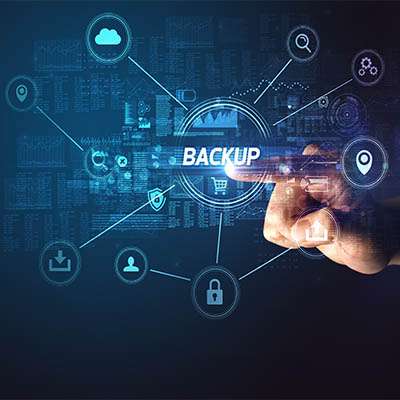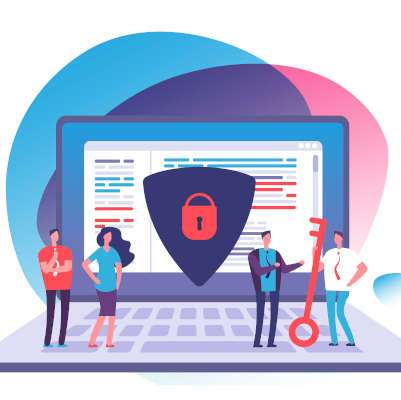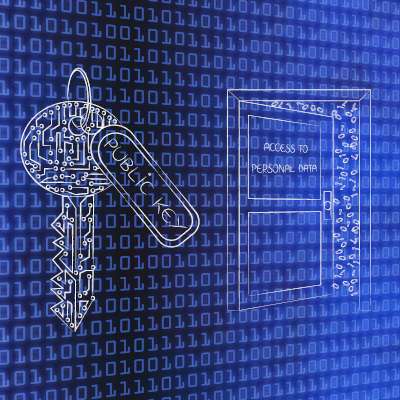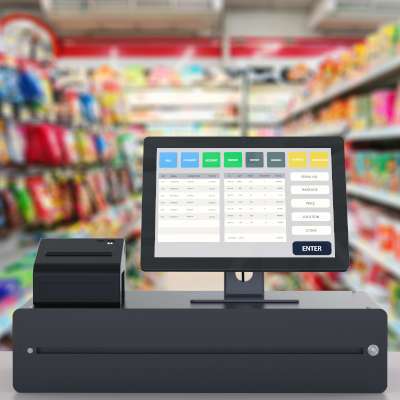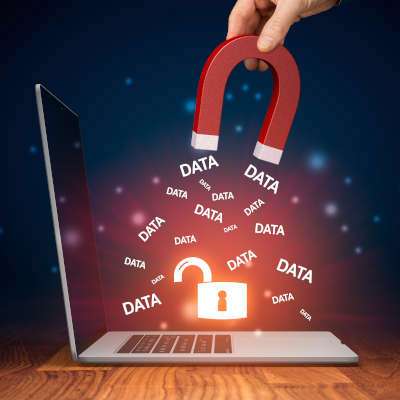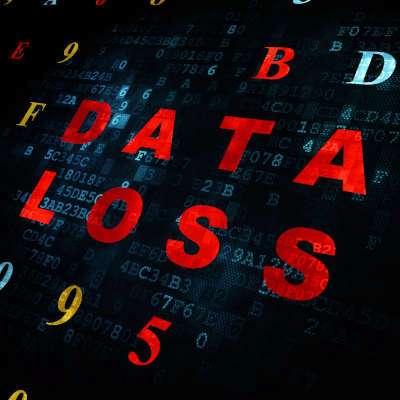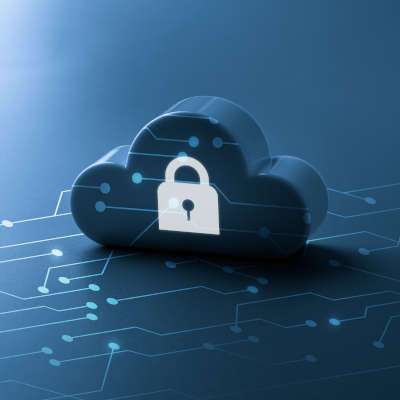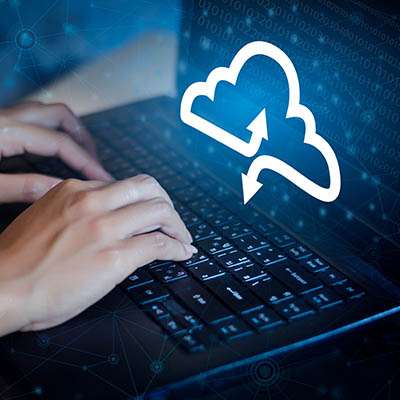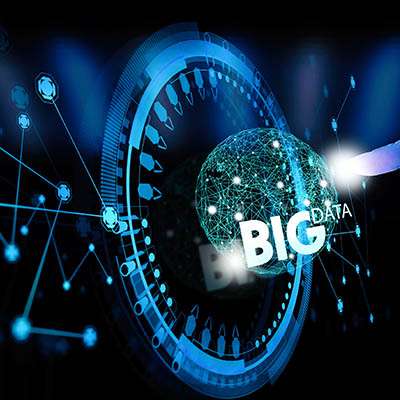Because of the protection it can offer your business, data backup is a necessary tool for you to have; that is, provided it has the requisite security and reliability you’ll need should you ever have to lean on it. Listed below are a few guidelines to help you be sure that your backup is trustworthy enough to stake your organization's future on.
Macro Systems Blog
Your organization's data is perhaps its most important resource, which is why it is so critical that it remains protected against all threats (including those that come from within your own business). Consider, for a moment, the ongoing trial of Xiaorong You, going on in Greenville, Tennessee. Accused of stealing trade secrets and committing economic espionage, You allegedly stole various BPA-free technologies from various companies—including Coca-Cola and the Eastman Chemical Company, amongst others—to the tune of $119.6 million.
Facebook is many people’s favorite, or at least most used, app and it does offer value by letting them keep tabs on friends and family or grow their businesses. It has grown to be one of the largest, most successful software technology companies in the world. Alas, with that type of exposure comes the responsibility of securing massive amounts of personal data. In this quest, they leave a lot to be decided. Listed below is a look at the situation Facebook is in as they are dealing with one of the largest data leaks in history.
It is not uncommon for people to have very different personalities in the office than they do during their off hours, with different standards and practices to suit them. While there is absolutely nothing wrong with that on the surface, you need to be sure that they are at least upholding the kind of security best practices that you expect of them in the office while they are at home.
Sometime recently, novelty holidays have popped up for almost anything, many of which just aim to celebrate the things about our lives that make life worth living. Take any random day, like May 12. There are a half-dozen “holidays” that day: National Limerick Day, National Odometer Day, National Nutty Fudge Day, National Fibromyalgia Awareness Day, National Receptionists’ Day, and National Third Shift Workers Day. So, May 12 runs the gamut of human existence.
What if all our personal data in existence was exposed? If every text message sent, every Internet search executed, every website viewed, everything we had ever done online, was made public? Gizmodo recently reached out to some experts for their insights. Listed below are their responses for you to consideration.
Point of sale software and solutions have provided massive benefits to businesses for a while now, with these benefits increasing as the technology has advanced. Listed below is a look at how the POS system has developed over the years to offer the business utilities and benefits that it does today.
Beginning in 2008, Verizon has created a report outlining the cybersecurity incident trends that the previous year demonstrated. In doing so, they have provided a resource that offers businesses greater insights into where their cybersecurity efforts need to be focused. Listed below are some of 2019’s trends and insights that were highlighted in the Verizon Business 2020 Data Breach Investigations Report (DBIR).
With 2020 at the halfway mark, it is fair to say that 2020 has turned out to be a bad year for nearly everyone. Business owners are now concerned about how they are spending, and different methods to circumvent procedural interruptions. One issue that all businesses should be aware of—and act to mitigate—is the loss of data that can cause these interruptions.
Large data, or enormous data sets that can be utilized to make inferences and reveal patterns, has become an increasingly critical part of today's business and can be leveraged in many different ways. There are a few different options for storing this data available, which the use case for the data will dictate. Below we will evaluate whether a “data lake” or a “data warehouse” would better suit your needs.
All kinds of companies utilize cloud resources as a part of their IT infrastructure. It allows them to turn what was once a major capital expenditure into a controllable operating cost; and, it does it while offering solutions to almost any business problem. The one drawback that most IT professionals agree on is how to gain enough control over a cloud platform to ensure that the platform is secure.
Data has become a critical factor in what most businesses do every day. Even smaller businesses have begun to utilize their data for strategic purposes, and in doing so have begun a trend that has taken the world by storm. Let’s take a look at the data services that are designed to inform business owners and decision makers on how their business is actually working and how to enhance operational effectiveness.
The notion of cloud computing and cloud storage has revolutionized the way companies manage data storage and software distribution. Macro Systems has helped many of our clients utilize cloud-based services, and these days, most of us are connected to this entity labeled as “the cloud” in one way or another. The question is: how can we tell if our data is safe?
The big tech companies have influence. These organizations, which include Apple, Google, Amazon, and Facebook, have been in the spotlight more and more as the argument of data privacy has increased and become louder. Public sentiment is starting to blow back on their business model--and since, Yahoo, once the principal name in Internet-based services, was broken up and sold to Verizon for cents on the dollar after being at the center of the largest data breach in recorded history--there have been rumblings that there has to be something done to defend the public from major publicly-traded technology organizations that use individual’s data in ways that some deem unethical.

